Substance abuse can affect anyone, regardless of age, background, or profession. But for working professionals, the challenge of seeking treatment often comes with an added layer of pressure. Many individuals feel torn between the need to maintain their job and the equally critical need to address their substance use. The fear of losing income, disrupting a career path, or facing workplace stigma can lead many to delay or avoid treatment altogether. At Liberty House Outpatient Center, we understand these concerns, which is why we offer flexible rehab after work programs tailored specifically for professionals who need help without compromising their professional obligations.
For busy individuals juggling full-time employment, family commitments, and daily responsibilities, traditional rehab schedules may seem impossible. But addiction doesn’t wait—and neither should recovery. Our after-work rehab programs provide the structure, support, and therapeutic care professionals need to heal, all while continuing to meet the demands of their daily lives.
What Is Rehab After Work?
Rehab after work refers to outpatient addiction treatment programs scheduled explicitly during evening or late afternoon hours to accommodate working professionals. These programs enable individuals to attend structured therapy sessions and receive high-quality care after their regular workday has ended. This model is ideal for people who are motivated to recover but cannot commit to taking time off or stepping away from their jobs entirely.
At Liberty House Outpatient Center, our rehab after work offerings include:
Intensive Outpatient Programs (IOP):
IOPs are designed for individuals who require a higher level of care than standard outpatient therapy but do not need 24-hour supervision. Our evening IOP typically involves 3–5 sessions per week, each lasting a few hours. Clients participate in group therapy, individual counseling, psychoeducation, and relapse prevention, all while maintaining time for work, family, and personal commitments. IOPs are especially effective for those stepping down from inpatient rehab or those managing co-occurring mental health conditions alongside substance use.
Standard Outpatient Programs (OP):
IOPs offer even more flexibility, with fewer required sessions per week while still providing meaningful therapeutic support. Evening outpatient programs are suitable for individuals with a stable home environment, strong motivation, and a lower risk of relapse. These programs can be a great long-term option for maintaining recovery, especially for professionals who travel or work irregular hours.
Both options provide access to the same evidence-based treatments we use during daytime programs, including cognitive behavioral therapy (CBT), trauma-informed care, motivational interviewing, and mindfulness-based strategies. Clients also benefit from peer support, accountability, and individualized treatment planning—all in a schedule that fits their lives.
What are the Benefits of Attending Rehab After Work?
1. Maintain Employment While Getting Help
One of the most significant benefits of attending rehab after work is the ability to maintain employment. Missing work for treatment can be a considerable source of anxiety for many professionals. With an after-work program, there’s no need to choose between your health and your livelihood. You can continue to show up for your job while investing in your recovery.
2. Protect Your Privacy
Attending treatment outside of work hours can help you maintain your privacy. There’s less risk of needing to explain long absences or medical leave, which can be especially important in careers with high visibility or competitive environments.
3. Apply What You Learn in Real Time
Unlike inpatient treatment, where individuals are separated from daily life, outpatient rehab after work allows clients to apply new coping skills and insights immediately. Whether it’s managing stress in the workplace or navigating social situations sober, evening rehab provides an opportunity to test and refine your recovery tools in real-world scenarios, with ongoing support.
4. Flexible and Personalized Care
We know that every professional has unique needs. Our after-work programs are designed to be adaptable, with multiple therapy tracks, personalized goals, and access to mental health support for issues like anxiety, depression, and burnout. We tailor each treatment plan to your lifestyle, work schedule, and recovery journey.
5. Build a Supportive Community
In our after-work groups, you’ll meet others who understand the pressure of balancing professional life and personal struggles. This peer connection creates a sense of camaraderie and reduces feelings of isolation, making it easier to stay committed to recovery.
A Supportive Space for Professionals in Michigan
At Liberty House Outpatient Center, we take pride in offering addiction treatment that respects the needs of working professionals. Our rehab after-work programs are rooted in clinical excellence, compassionate care, and real-world practicality. Located in Michigan, our facility offers a welcoming and confidential environment where professionals can receive the help they need without putting their careers on hold.
We believe that recovery should be accessible, regardless of your schedule or job title. Whether you’re an executive, teacher, healthcare provider, tradesperson, or office worker, you deserve the chance to heal in a way that fits your life. With evening IOP and outpatient options available, Liberty House Outpatient Center is here to support you every step of the way.
Take the First Step Today and Experience the Benefits of Attending Rehab after Work
If you or someone you love is struggling with substance use and worried about how to manage treatment while working, know that help is available—and it doesn’t have to disrupt your life. The benefits of attending rehab after work are clear: flexible access to care, preserved employment, and the tools to achieve lasting sobriety.
Contact Liberty House Outpatient Center today to learn more about our rehab after-work programs for professionals in Michigan. Let us help you take the first step toward recovery while staying committed to your career and future.











